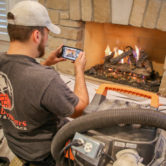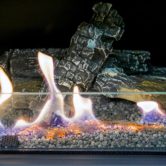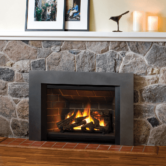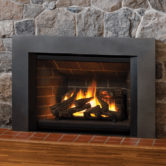
by Marisa Bell | Gas Fireplace
The manufacturer that made your gas fireplace likely provided some kind of owner’s manual or operator’s guide, either on paper or online. That manual will tell you what you need to know about the safe operation of the unit. Here are some key principles you should keep...

by Marisa Bell | Gas Fireplace
Traditional wood-burning fireplaces are an excellent addition to any home, but they have one major downside: inefficiency. Most of the heat goes up the chimney, and that’s one of the reasons why many homeowners consider switching to a gas fireplace. In the past,...
by Marisa Bell | Gas Fireplace
Gas heating appliances continue to grow in popularity for many good reasons, not the least of which is savings on utility bills for the homeowner. Gas is a clean-burning fuel that is safe and convenient to use. From fireplaces and stoves to furnaces and hot water...

by Marisa Bell | Chimney Inspection, Gas Fireplace, inspection of your chimney
With a trend towards cleaner-burning fuels, many homeowners are installing gas fireplaces. They are convenient and provide lower heating costs. And while most homeowners know they need an annual inspection for a wood-burning fireplace or stove, they don’t always get...

by Jeremy Biswell | Gas Fireplace
Gas fireplaces are fantastically easy to operate. You flip a switch, and the fire ignites — except when it doesn’t. From time to time, your gas fireplace or gas heating stove might not light as it should, or it might act up and make odd noises or generate odors. While...








